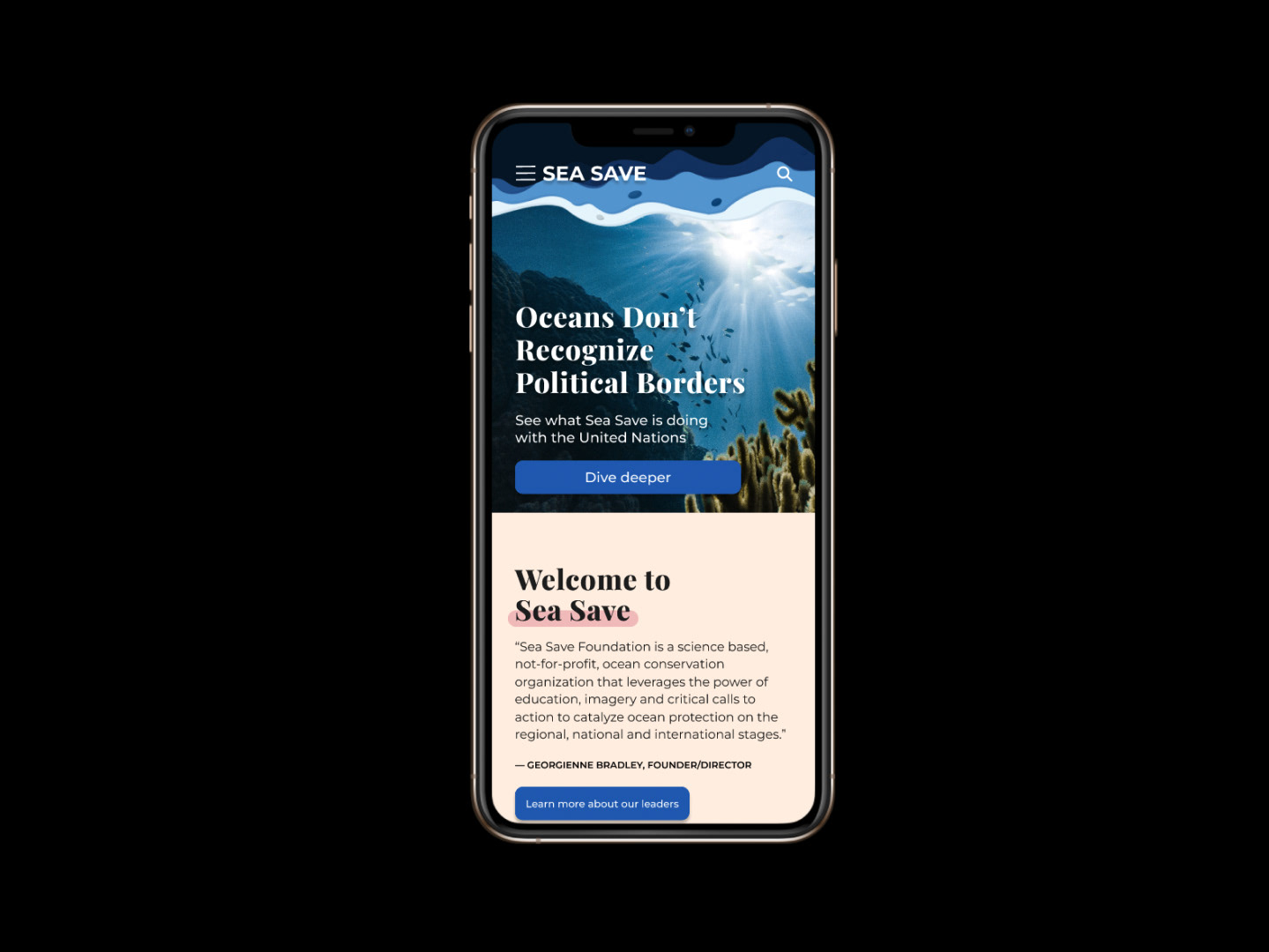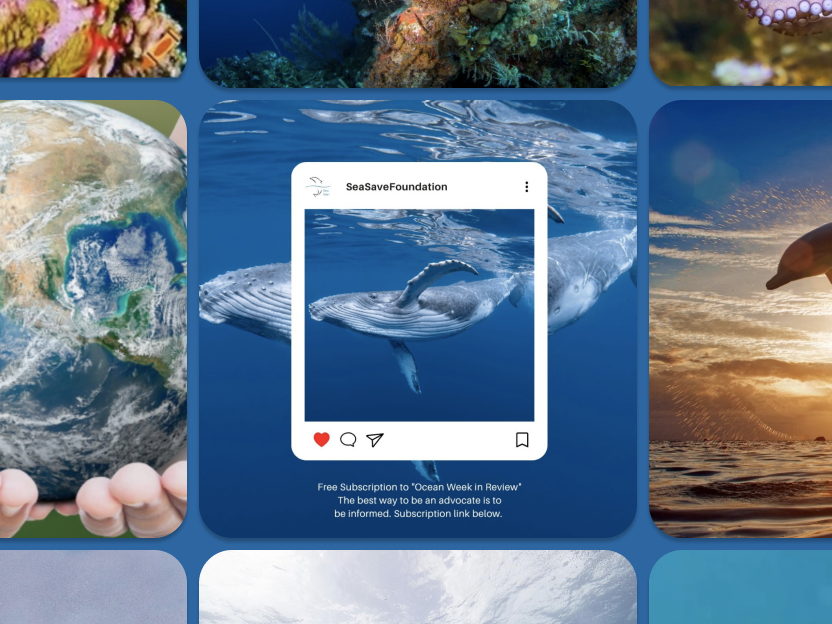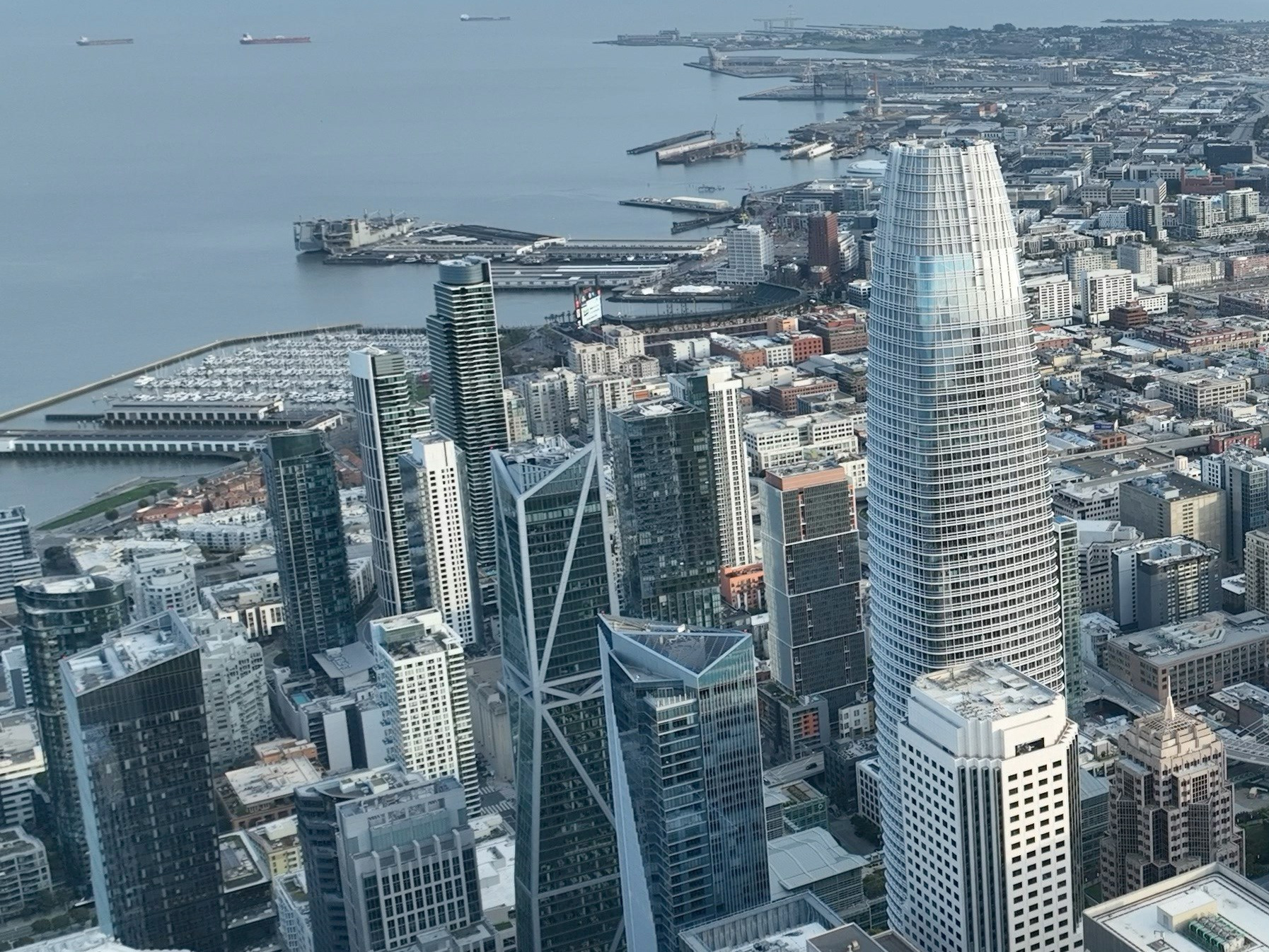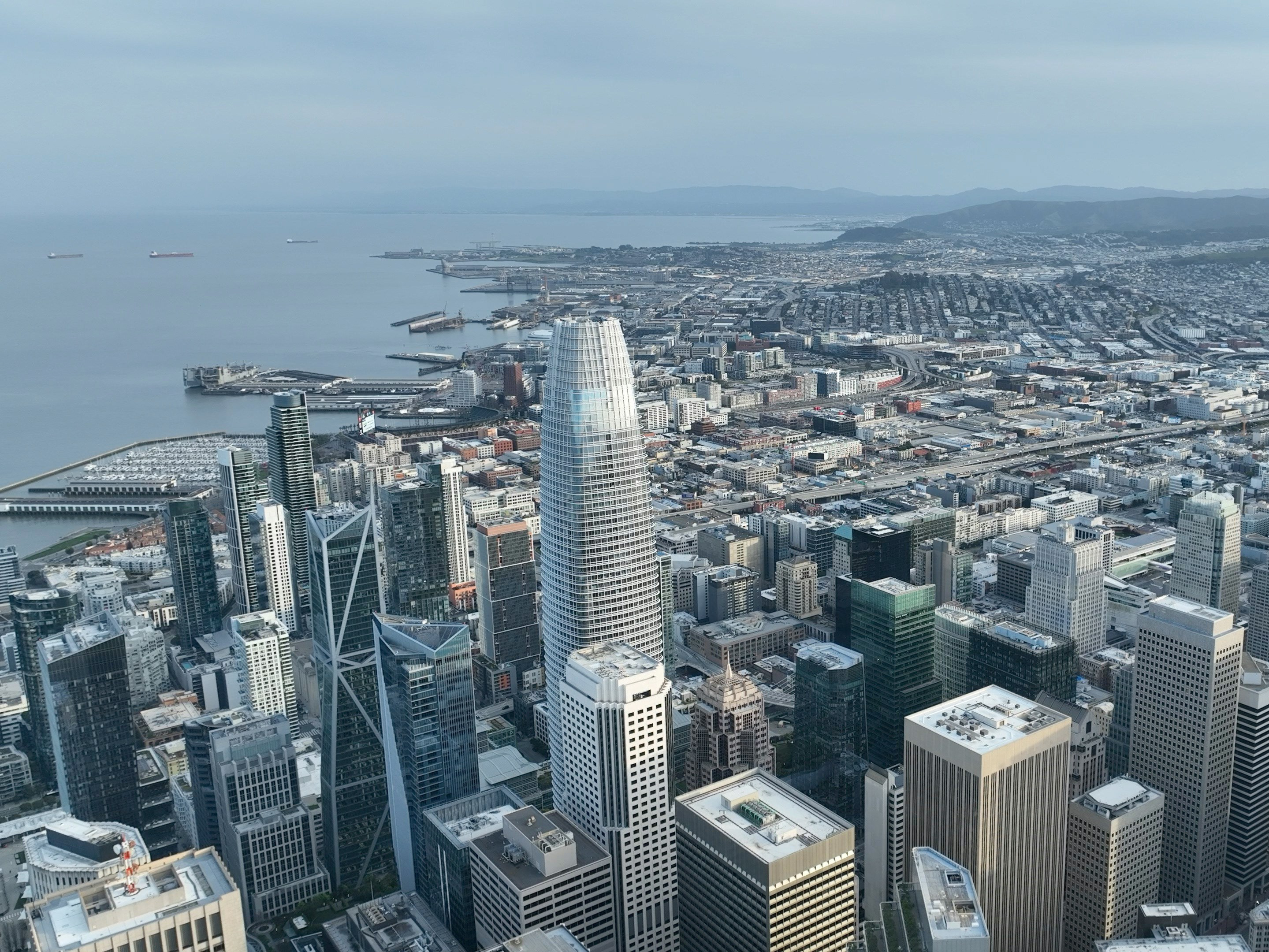Overview
RefCycle is a conceptual mobile application designed to empower users in enhancing their recycling practices by providing intuitive tools that enable them to take control of their eco-friendly actions.
Role: UX Researcher
Company: UC Berkeley
Timeline: Four weeks
Design Tool: Figma
Research Methods: Affinity Map, In-Depth User Interview (IDI), Survey, Usability Testing, User Persona, and more.
Team Composition: Graphic Designer, Project Manager, Technical Designer, UX Designer and UX Researcher
The Problem
According to the US Environmental Protection Agency (EPA), a circular economy is an important part of slowing down climate change by keeping materials and products in circulation for as long as possible.
However, Greenpeace's report Circular Claims Fall Flat Again (2022) outlines that only 5% of plastic waste was recycled in 2021 (out of 51 million tons of household plastics) in the US while the majority was incinerated, causing significant CO2 emissions.
Reasons why plastic recycling fails include:
• Plastic waste is extremely difficult to collet
• Mixed plastic waste cannot be recycled together
Avoiding unnecessary packaging and knowing how to properly handle one's individual waste is key to shifting this dire scenario.
Problem Statement
People dedicated to sustainability struggle to find comprehensive recycling information, particularly for items that are generally difficult to recycle. The scarcity of accessible resources creates roadblocks to promoting waste management and proper recycling.
Survey
The survey we conducted with 70 US residents showed that only half of that population recycles their own waste daily, and their most common drivers for recycling are environmental impact and convenience.
Whereas 57% of respondents face difficulties determining whether items are recyclable. Additionally, 52% struggle finding proper recycling disposal locations for certain materials.
How frequently to do you recycle household waste?
When asked how likely people would be if they were provided clearer guidelines on what can and cannot be recycled, 68% responded they'd be very likely to recycle more and 26% stated they'd be somewhat likely.
These results indicate that an effective starting point to get more people involved in waste management efforts is by offering them digestible information regarding sorting their own trash since there can be a lot of ambiguity when it comes to recycling different kinds of plastics, for instance.
How likely are you to recycle more if provided with clearer guidance on what can and cannot be recycled?
In-Depth User Interview
User interviews were conducted with young professionals, retirees, stay-at-home moms and other folks. The main insights informed and shaped the solution.
RefCycle embodies key features that help people sort their household waste effectively by providing them with the following:
• Camera identification of items to indicate their recyclability
• Local guidelines on waste management based on user's location
• Tutorials to upcycle materials by creating artwork, for instance
• Information about various materials (types of plastics, metals, etc.)
Lo-Fi Wireframes
Usability Testing
RefCycle wireframes were tested via recorded Zoom sessions with real users for both Lo-Fi and Hi-Fi versions to ensure it was on par with their needs and expectations. Steve Krug's testing script was adopted, and five users were selected for each phase to generate valuable yet not repetitive insight (Nielsen Norman Group, 2000).
Lo-Fi Key Takeaways:
• Most users did not know how to start first take to look for up-cycling ideas.
• "Up-cycling" concept was not familiar to most, so it had to be explained.
• Page content seemed to be too dense and hard to digest.
Hi-Fi Key Takeaways:
• Navigation path to certain pages needed debugging.
• Map feature was confusing with custom icons; best to stick to traditional ones.
• Number of clicks to key pages was shortened.
Hi-Fi Wireframes
Main Feature
RefCycle was designed to determine whether people's waste is recyclable by taking/uploading photos of objects. Its camera identifying feature readily shows users how to properly dispose of items as the app displays the following referee cards on the screen: blue for recyclable, yellow for not recyclable and non-toxic, and red for not recyclable but hazardous.
RefCycle's Referee Cards
Future Opportunities
User-submitted content: Allowing users to upload, rate, and comment their own upcycling ideas.
Quizzes: Incorporating gamified content such as quizzes as engaging educational content.
Brand Involvement: Creating partnerships with companies whose missions align with RefCycle's.
RefCycle's Logo
Figma Prototype: Mobile
Exit/opt out of cookie dialogue, restart frames if needed, and click diagonal double arrows to enlarge Figma prototype on upper right corner of screen below.
Thanks for taking the time to see my project. Let's connect!



